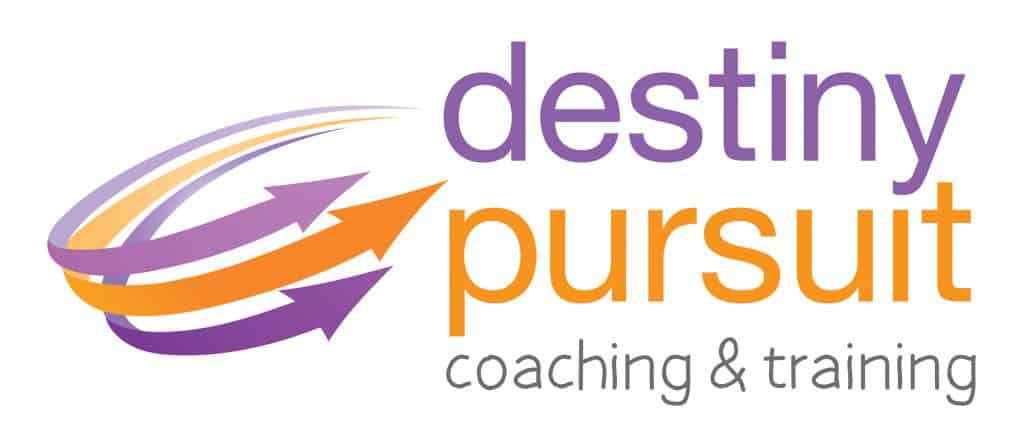Positively Stated Goals and The Now - NLP Matters, Episode #017

Imagine that you have been working your way through the process of really building the life you want to have. And as you work through this process you gain even more clarity, on what it is you actually do want to have! You have used the first of the 5 Success Principles, Knowing your Outcome and you are also getting a greater understanding of what needs to be done – the targeted actions, to achieve the outcome - and who you need to be to deliver on these actions to get the results.
Now is the time when you want to make sure that your desired outcome is actually achievable because you do not want to invest all this effort only to set ourselves up to fail, do you?
This is where the Keys to an Achievable Outcome adds loads of value. Using these keys we get to really dig very deeply into the first of the principles of success, Knowing Your Outcome.
In this episode, we’ll delve deeper into the first two keys to an achievable outcome - stating the goal in the positive and specifying the present situation.
Listen to the podcast to learn more.
Listen to the Podcast
Here are some key takeaways from this episode:
- The first key to transforming our vision into reality is fully using all our resources to achieve success. To do this, we need to ensure that it is not only our conscious thinking and mind that is on board for this goal because it will be so much easier to achieve it if we utilise our unconscious mind to also support us on this quest.
- Our unconscious mind functions in a totally different way than our conscious mind does. Our unconscious mind thinks in symbols or pictures rather than words. It is not logical. It is the domain of emotions and it has the very important job of keeping us safe.
- The Keys to an Achievable Outcome technique is well designed to get our unconscious mind on board with our desired outcomes.
The 9 Keys to an Achievable Outcome
- Have the goal stated in the positive - make sure that your goal statement excludes any of the words such as “NOT” or “NO”.
- Specify the present situation - describe the present situation in relation to your goal. Where are you now? How far away are you from your goal? What is the gap between your present situation and your desired goal?
- Specify the outcome in detail.
- Specify the evidence procedure - how will you know when you have achieved the goal?
- Check if the goal is congruently desirable.
- Ensure that the goal is self-initiated and self-maintained.
- See if the goal is appropriately contextaulised.
- Write down what resources are needed to achieve the goal.
- Confirm if the goal is ecological - is it good for you, good for others, and good for the greater good?
Stating the Goal in the Positive
- Eliminate negative words from your goal.
- Focus on what you want instead of what you don’t want. Remember, we get what we focus on.
- Think of your focus as a shining torch in a darkened room. You can only focus on where the light hits the wall. The trick is to shine your torch to where you want your focus to be. All you need to do is give your unconscious mind clear instructions on what you do want, because then, you can bring all the resources into alignment - both the conscious and unconscious to support you in the pursuit of your goals.
- Be careful of falling into the trap of writing your goals in comparison to where you are now. You want to be absolutely clear on your desired outcome and bring in your present situation because that becomes your starting point.
Specifying the Current Situation
- Specifying the current situation gives you your starting point.
- Part of being motivated to achieve an outcome is recognising that you don’t have it yet. And so, it is really important to acknowledge that there is a gap between where you are now and where you want to go.
- Motivation is a critical factor in people taking action and achieving their goals. Motivation is created, maintained, and driven mainly through our unconscious mind.
- Writing our goals in the positive is one important strategy to engage with our unconscious mind in our goal-seeking quest.
- When your unconscious mind imagines that you have already achieved your goal, it may think that you have, and your drive and motivation will most likely evaporate.
- Being in the moment and seeing your future state outside of you when you achieve the goal, enables you to notice the differences as you look at yourself in the future having achieved your goal.
- Making the comparison between your present state and your future state enables you to keep reminding yourself why you want that goal, what it will give you, how it will feel when you have it, and who you will be once you are there - in contrast to now, and as you notice the gap, your unconscious mind is already working out ways to close it.
Go and have a look at your goals – are they written in the positive? Could they use a bit of a polish now that you know how to make sure your goals are structured to bring both your conscious and unconscious resources to the pursuit or success? And, remember to stay aware of where you are up to and the gap between the present situation and the end game.
In the next episode, we’ll continue to explore the keys to an achievable outcome and how using this NLP tool can absolutely turbocharge your results.
Listen to the Podcast
Joanne Clark
Joanne Clark is an Internationally accredited Master Trainer of NLP who has been delivering NLP training since 2011. Being on her feet in front of training rooms is where Jo loves to be and her passion for inclusive and immersive training that delivers outstanding learning outcomes is apparent to everyone in her training rooms. On average Jo delivers 140 days of training per year in addition to online webinars, guest speaker events and group coaching.
“NLP is at the core of all my training and coaching, it is at the core of who I am, how I interact and connect with people. I am absolutely passionate about spreading the NLP tools across the planet as I endeavour to support Robert Dilts’s vision of Creating a world to which people want to belong.” Joanne Clark
Certified Master Trainer of NLP; Master Practitioner NLP, Hypnotherapy & Matrix Therapies; Performance Coach; Cert IV Coaching; Advanced Practitioner in Coaching; Cert IV in Business; BA(Hons); Majors in Sociology and Psychology; Parent Education Leadership Training (PELT) Certificate; Mother of four children; Private Pilot (PPL); Diploma in Life Coaching


0 comments
Leave a comment
Please log in or register to post a comment